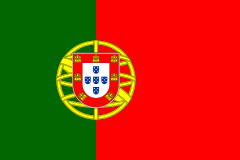
Visa and entry requirements Portugal:
Passport not required
No visa is required
Information from the Foreign Office about your trip to Portugal:
http://www.auswaertiges-amt.de/DE/Laenderinformationen/00-SiHi/PortugalSicherheit.html?nn=332636?nnm=332636
The Republic of Portugal is a country in southern Europe in the west of the Iberian Peninsula. The country is bordered by Spain to the east and north and by the Atlantic Ocean to the west and south. The islands of the Azores and Madeira also belong to Portuguese territory.
Portugal is a founding member of NATO, a member of the United Nations, the Council of Europe and the European Union. The country is also one of the founding states of the Eurozone. For a long time, Portugal was considered a country of emigration; today there are important centers of Portuguese culture in France, the USA, Brazil, Angola, Mozambique, Switzerland and Luxembourg.
Tourism is an extremely important source of income for the Portuguese economy. With almost 18 million tourists per year, Portugal is one of the most visited countries in the world; the most common travel destinations are the Algarve and the region around the capital Lisbon.
The country is also known worldwide for its wine growing, especially port wine. The largest cities in Portugal include Lisbon, Porto, Amadora, Braga, Setubal, Coimbra, Queluz, Vila Nova de Gaia and Almada. The official language of the country is Portuguese and the euro is used as a means of payment.
The Algarve covers the entire southern coast of Portugal and is an internationally popular holiday destination with its beautiful cities, cliffs and white sandy beaches. In recent years a real mass tourism has developed there.
The Guimaraes Fortress is considered the main symbol of Portugal's independence. The University of Coimbra is one of the most important research universities in Europe.
The capital and largest city of Portugal is Lisbon with around 560,000 inhabitants. In recent years, however, the city has shrunk massively from its previous population of 800,000.
Lisbon is home to the seat of government, the main port, several universities and the Academy of Sciences. The city is now the political, economic and cultural center of the country. In 1998, the world exhibition EXPO 98 took place in beautiful Lisbon.
The city's most important sights include the old town of Baixa with its tiled facades and narrow medieval streets, the Torre de Belem - one of the city's most famous landmarks, the Jerome Monastery, the Sao Vicente de Fora Monastery, the Castelo de Sao Jorge, the Cathedral of the Patriarchate of Lisbon, the large baroque church “Igreja de Santa Engracia”, the monastery “Convento do Carmo”, the synagogue, the arched bridge “Aqueduto das Äguas Livres”, the 45 meter high passenger elevator “Elevador de Santa Justa” in the city center, the “Palacio de Sao Bento” - seat of the Portuguese Parliament with the seat of the Prime Minister, the Monument to the Discoveries, the oceanarium, the 145 meter high observation tower “Torre Vasco da Gama” and the 113 meter high figure of Christ “Cristo-Rei”, as the city’s landmark Lisbon.
So far I have visited Lisbon three times and each time I stayed in a hotel on the “Avenida da Liberdade”, the city's boulevard, right next to the “Marques de Pombal” square. In May 2012, still at the very beginning of my big travel career, I traveled to Portugal's capital as my country number 43. This was followed by two more shorter visits in 2016.
A city tour by bus is definitely recommended because the various attractions are quite far apart. In the countless pubs and restaurants you can enjoy hearty and traditional Portuguese cuisine and end the day in Lisbon, which is worth seeing. For me, Lisbon is one of the most beautiful cities in Europe.

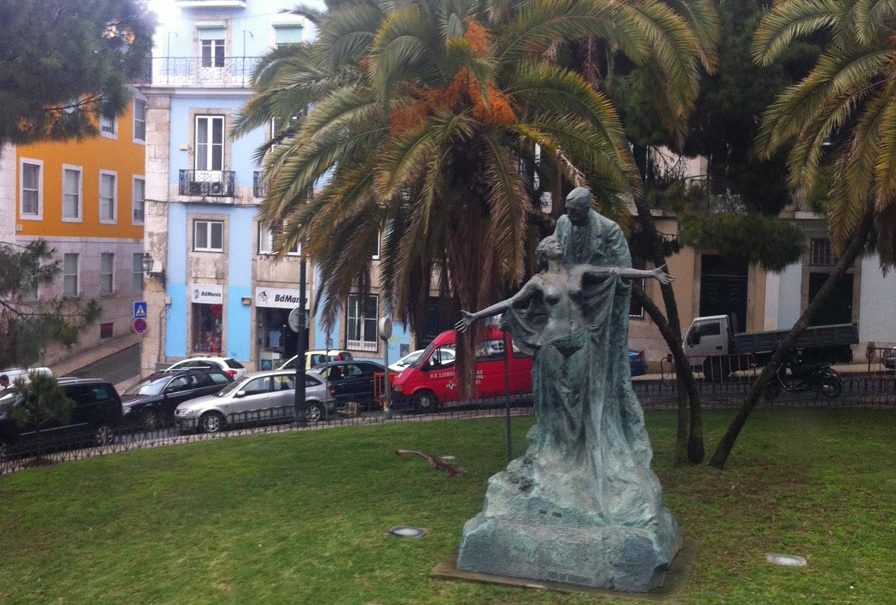
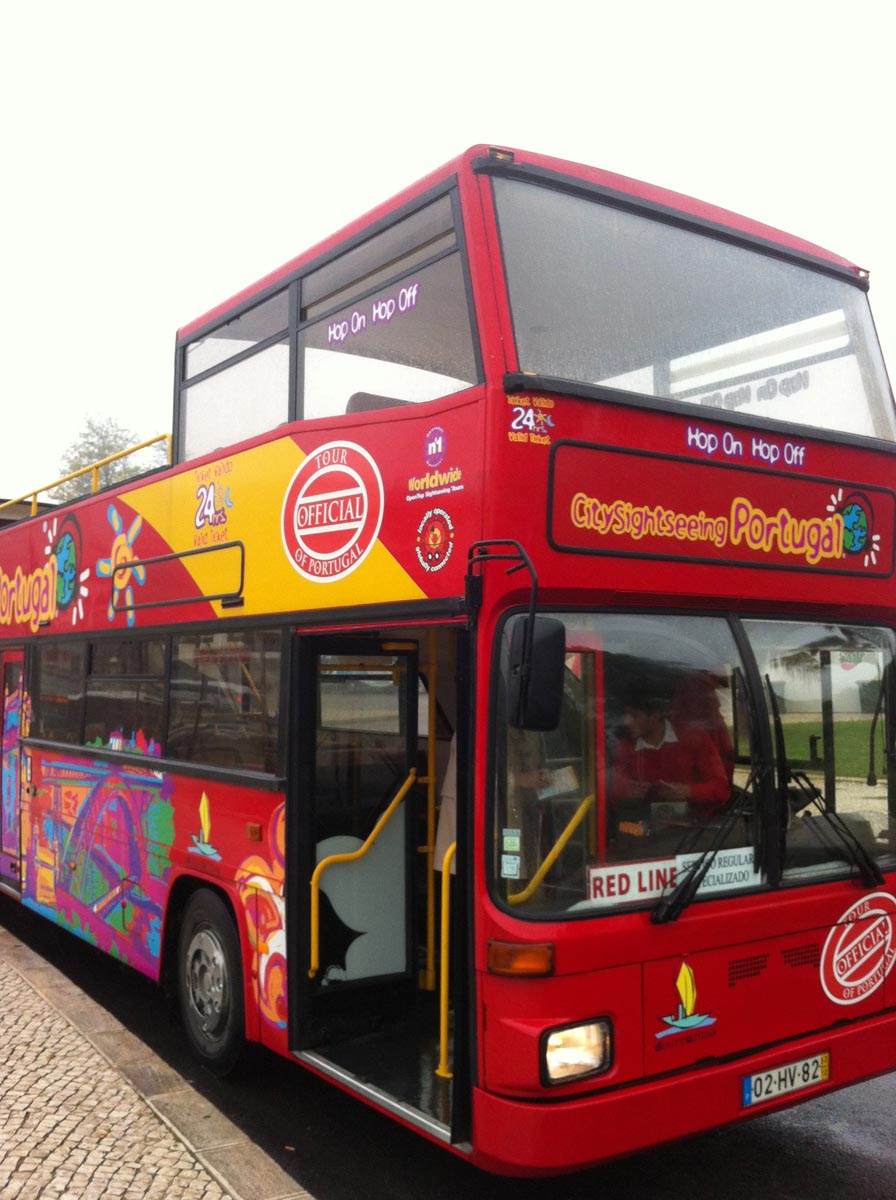
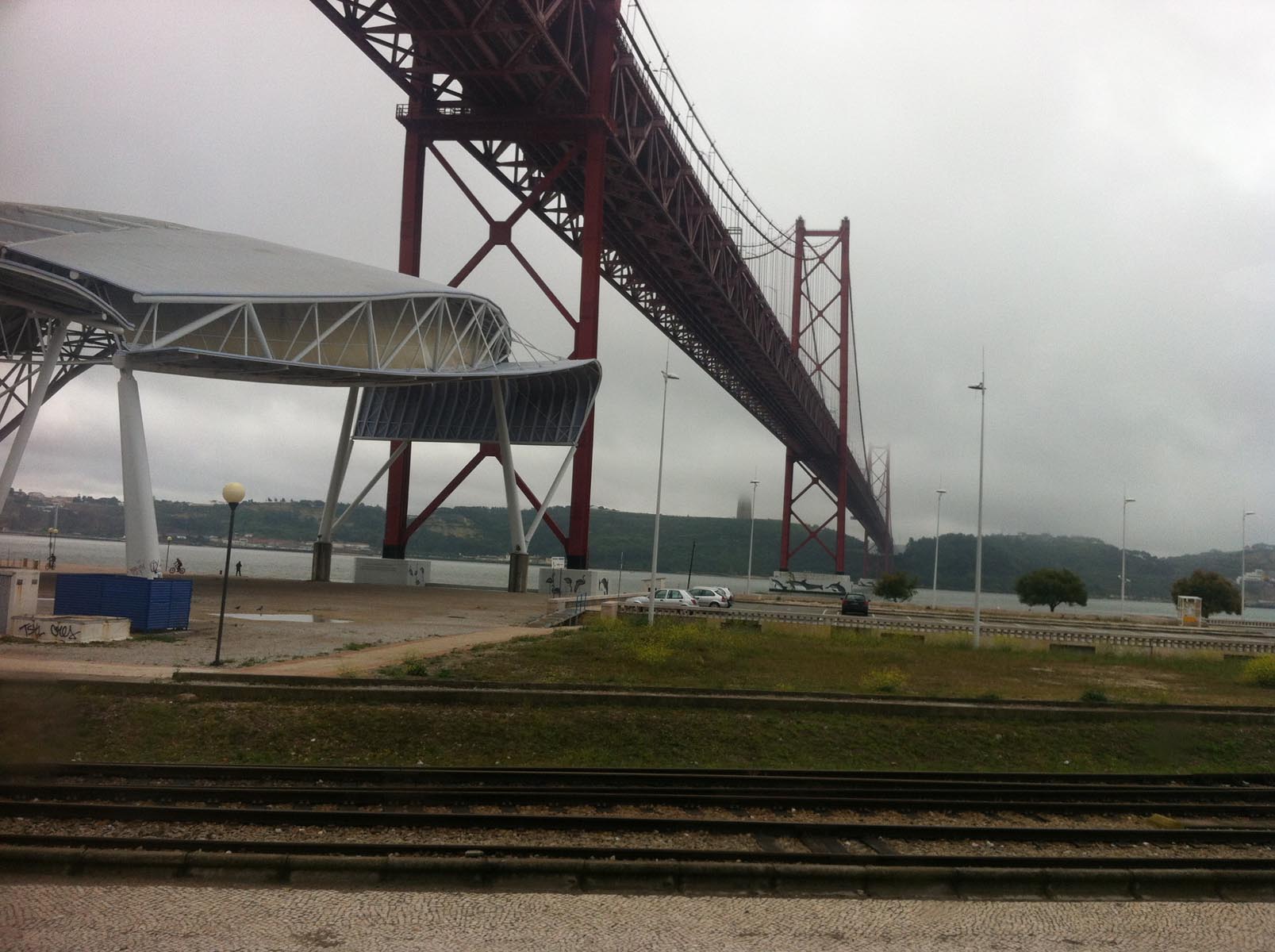
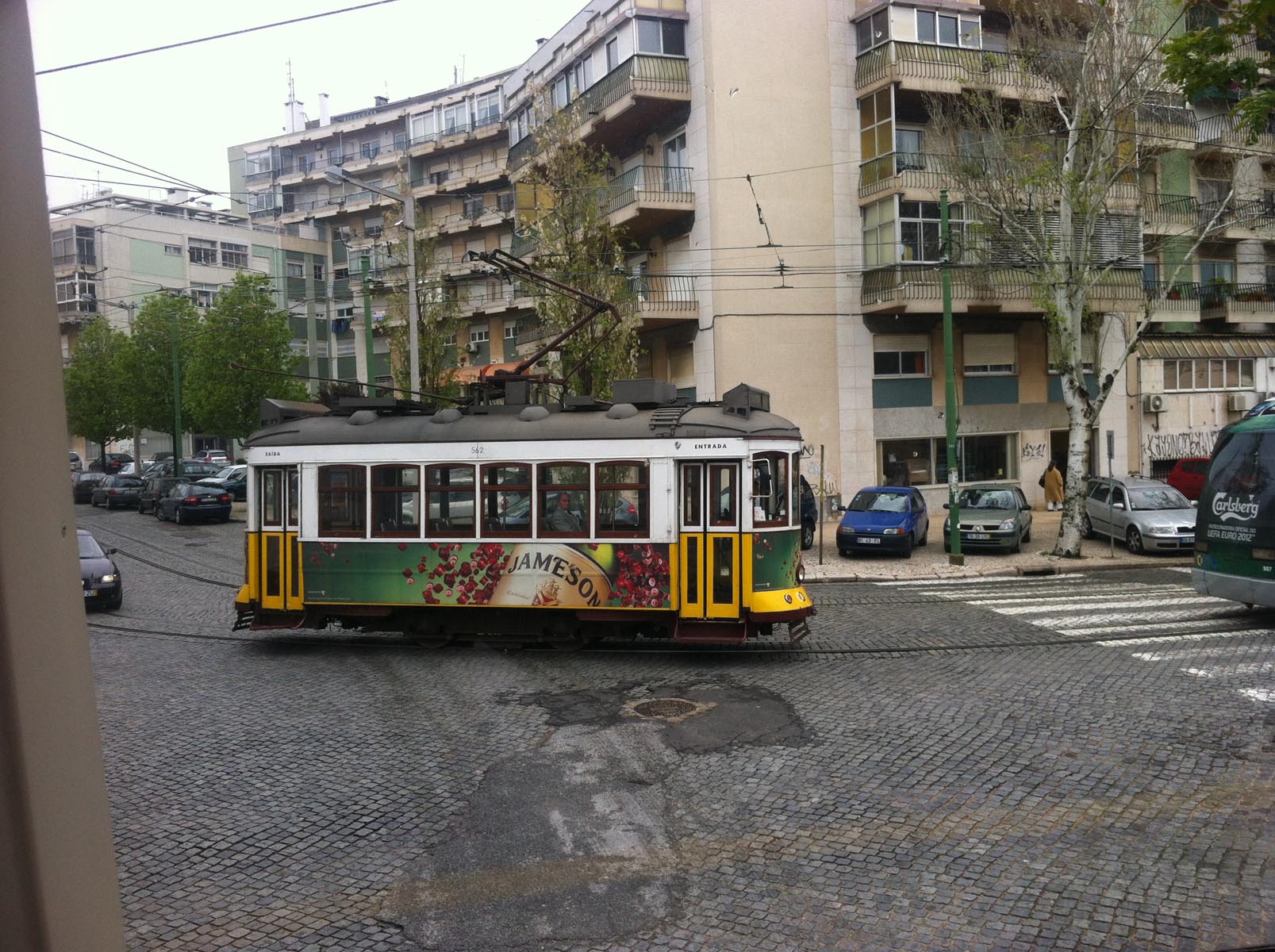
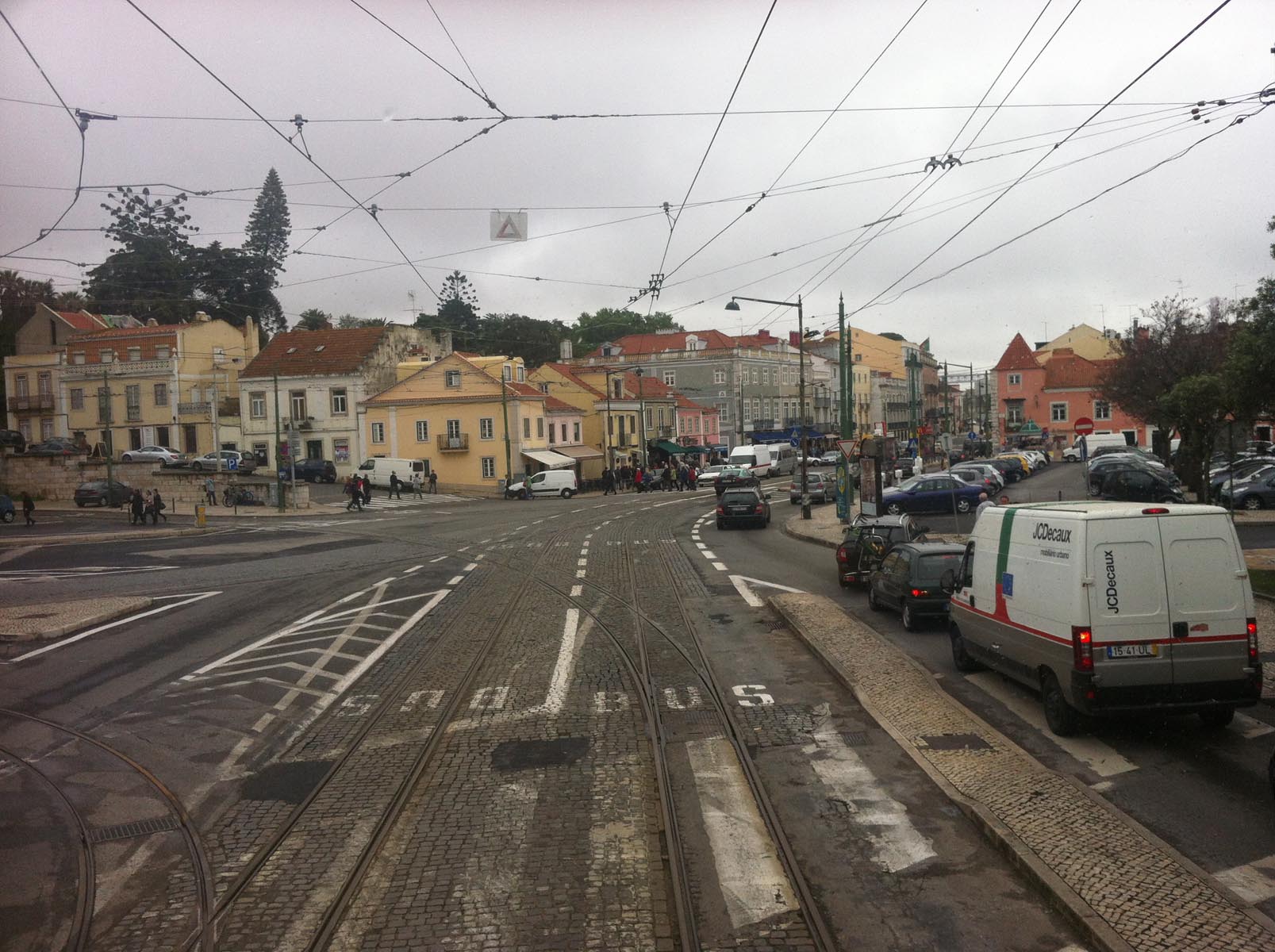
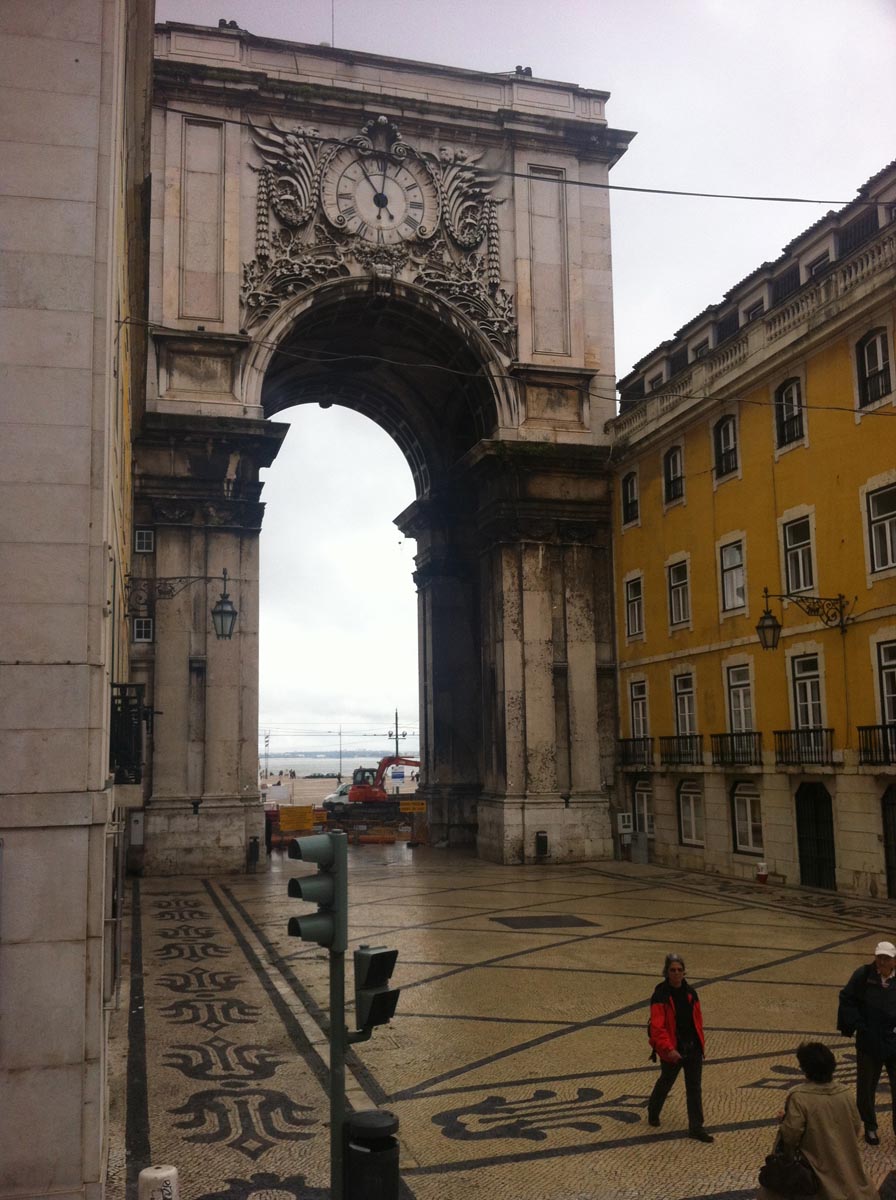

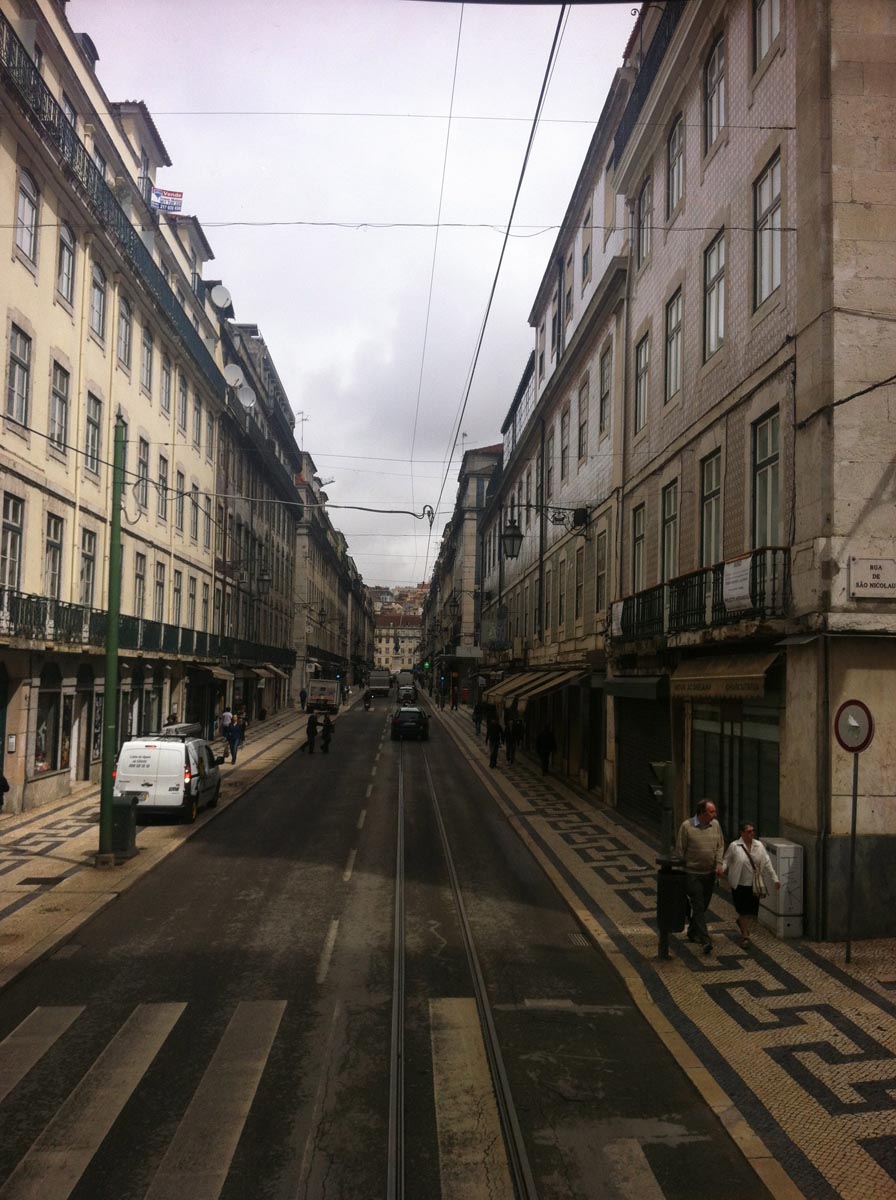
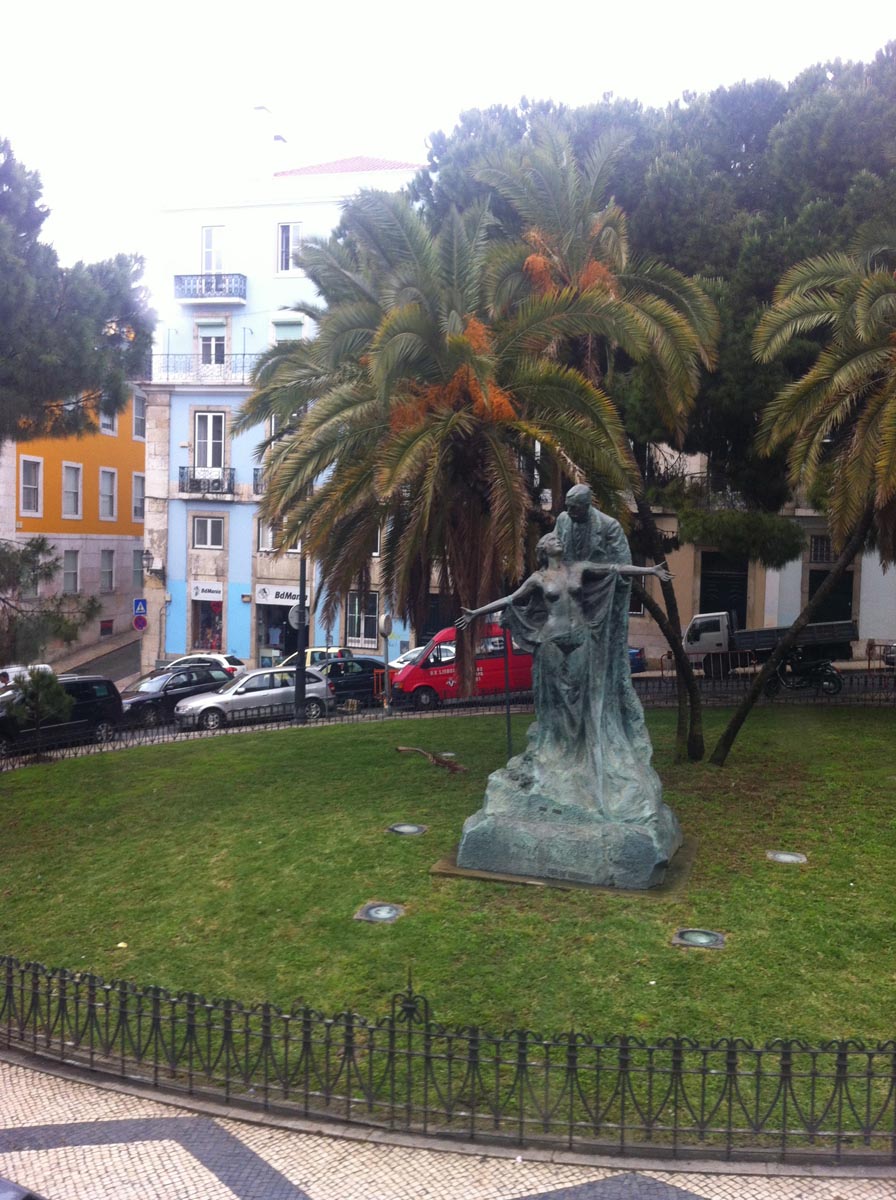
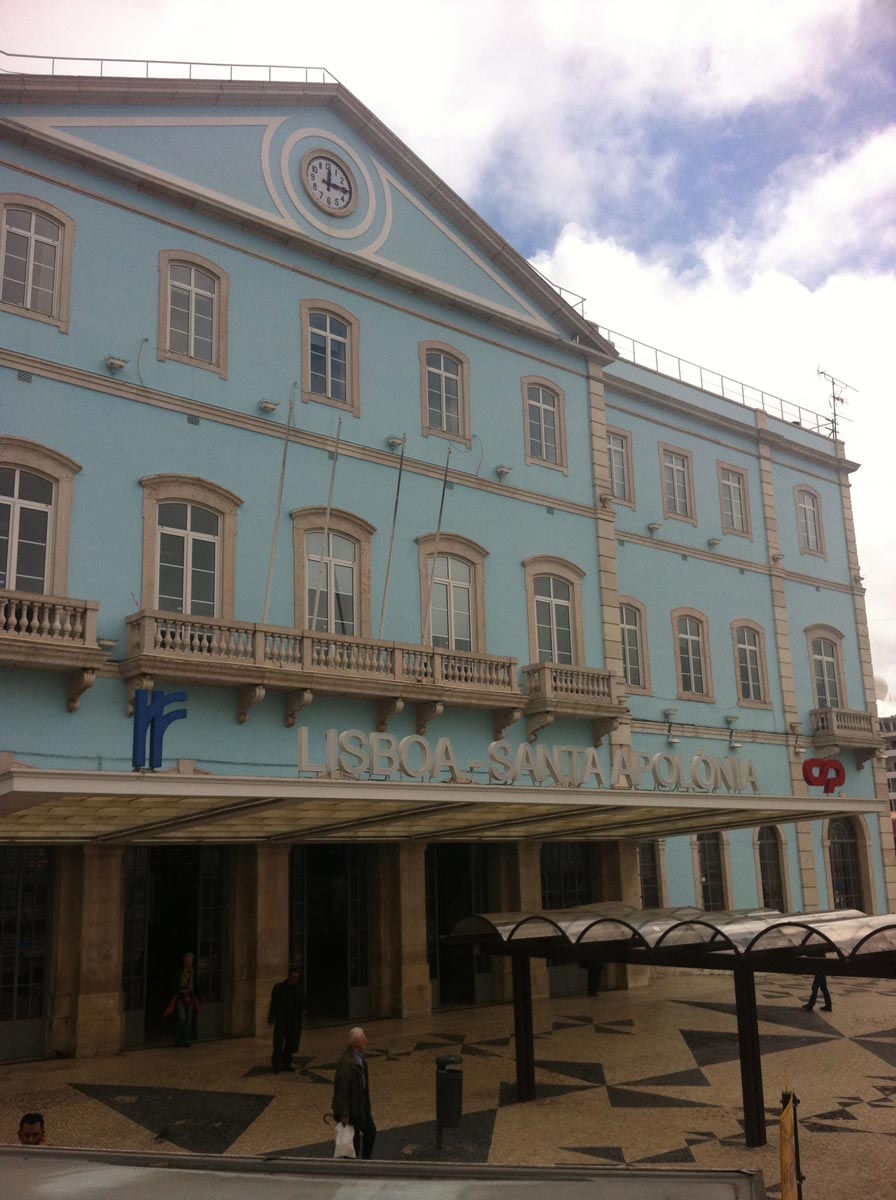
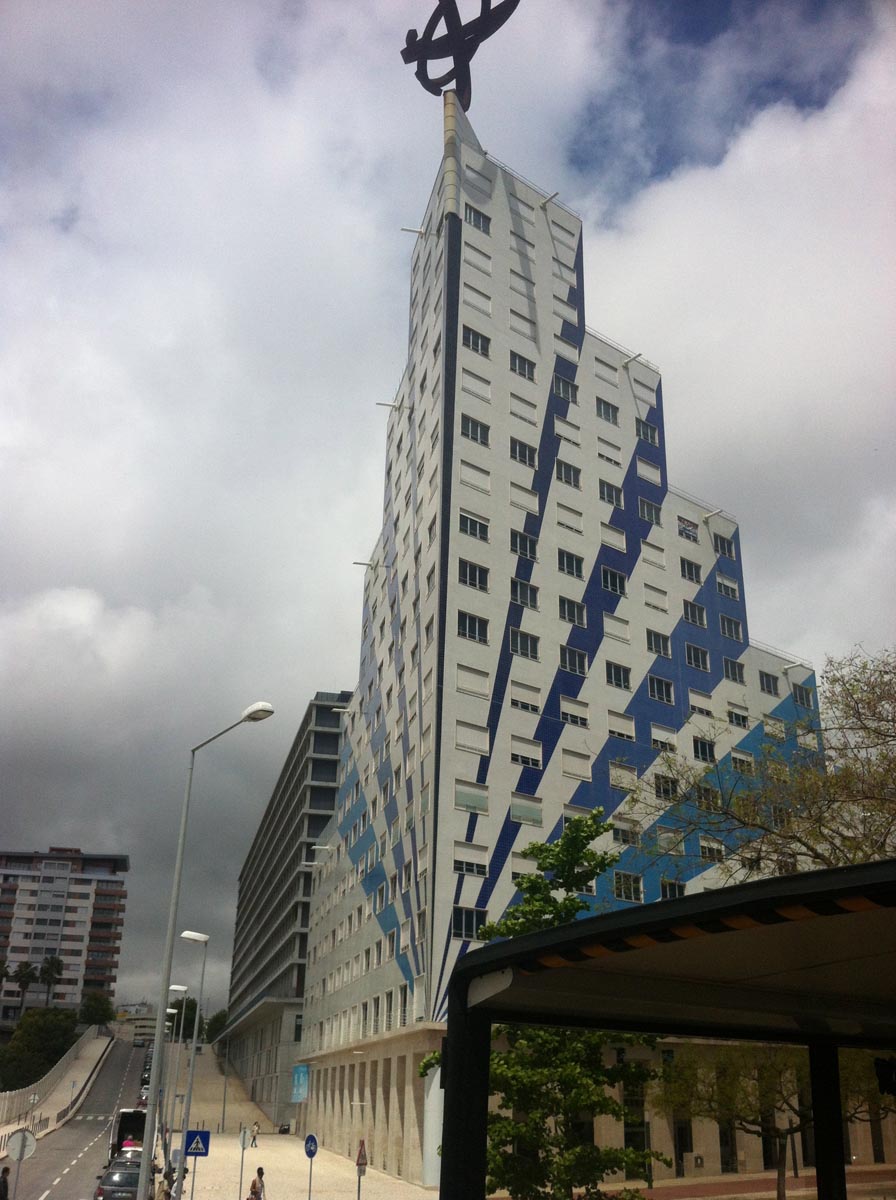
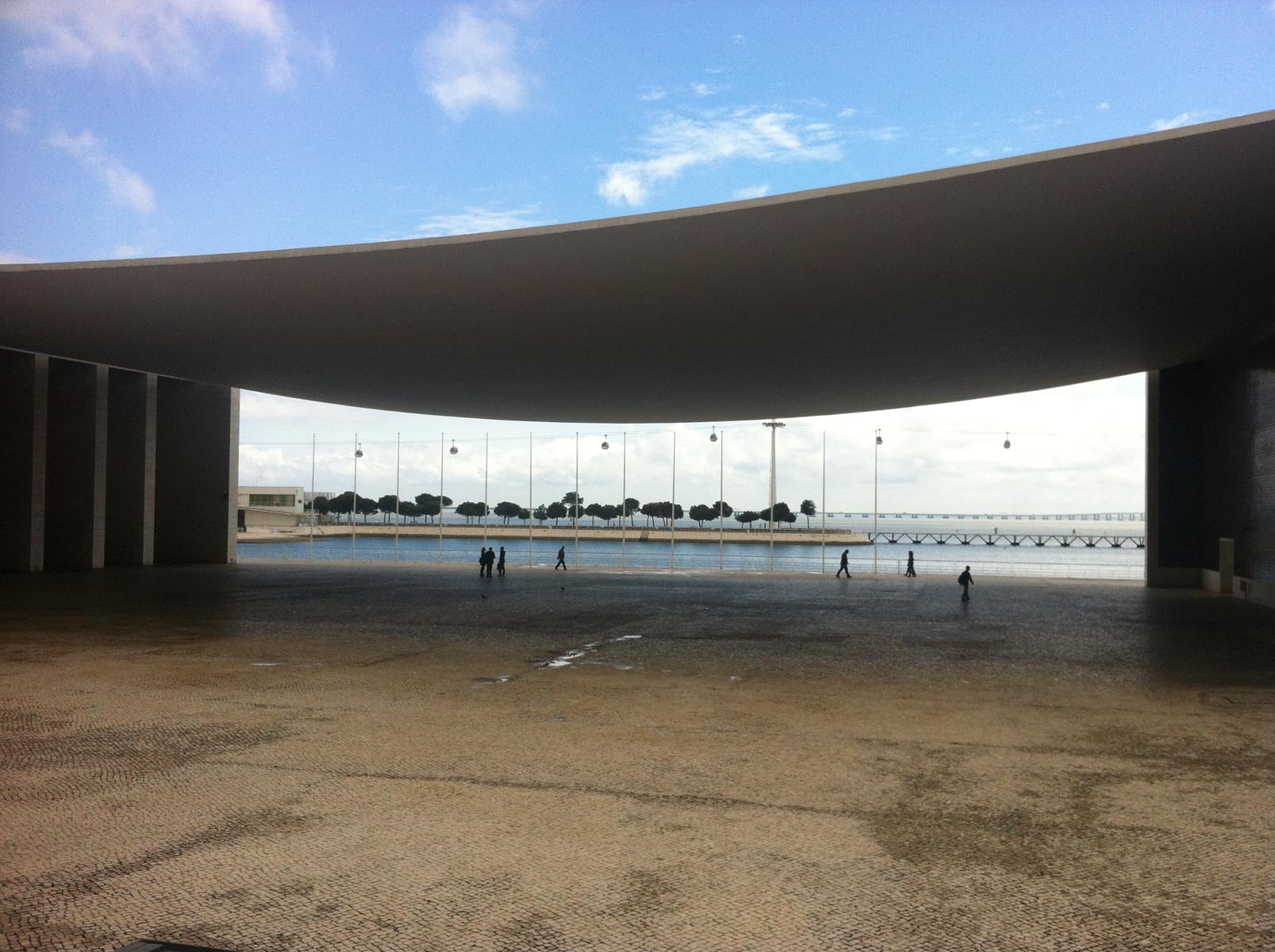
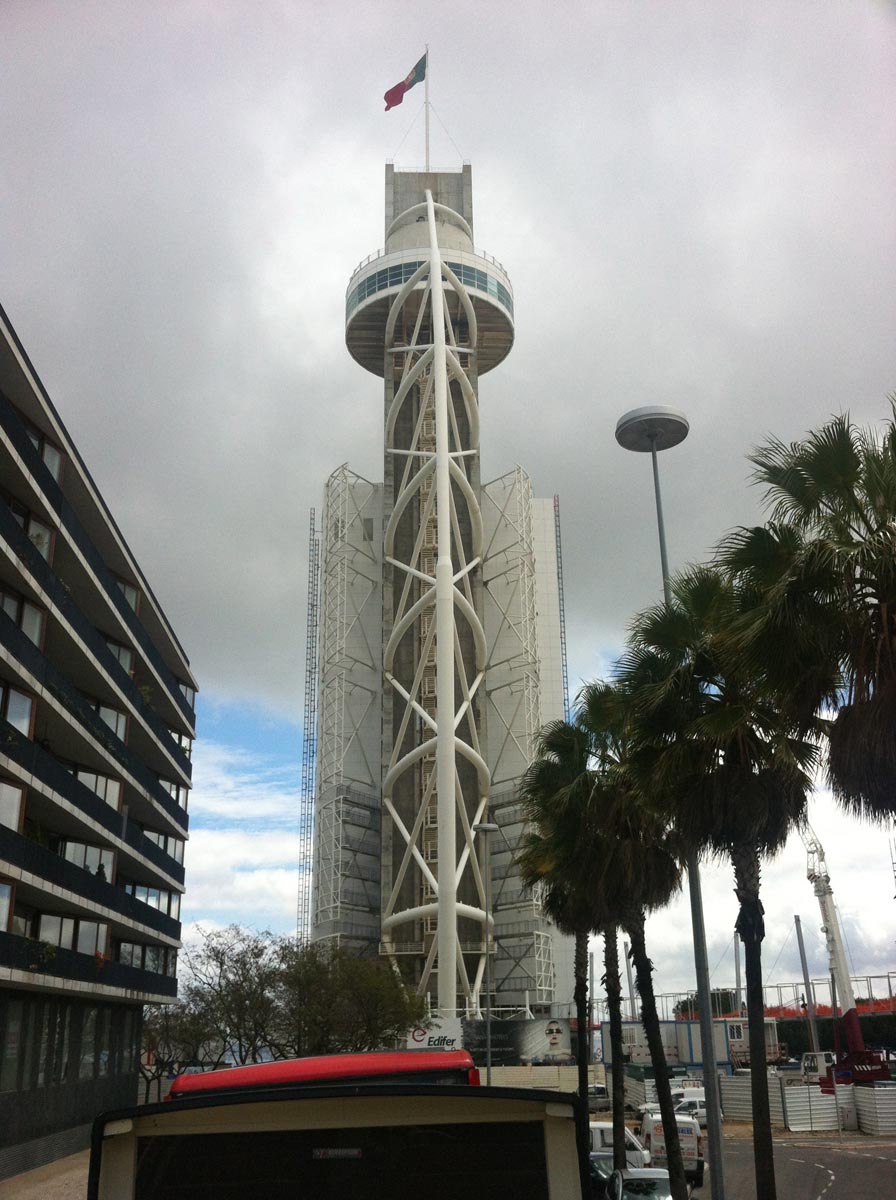
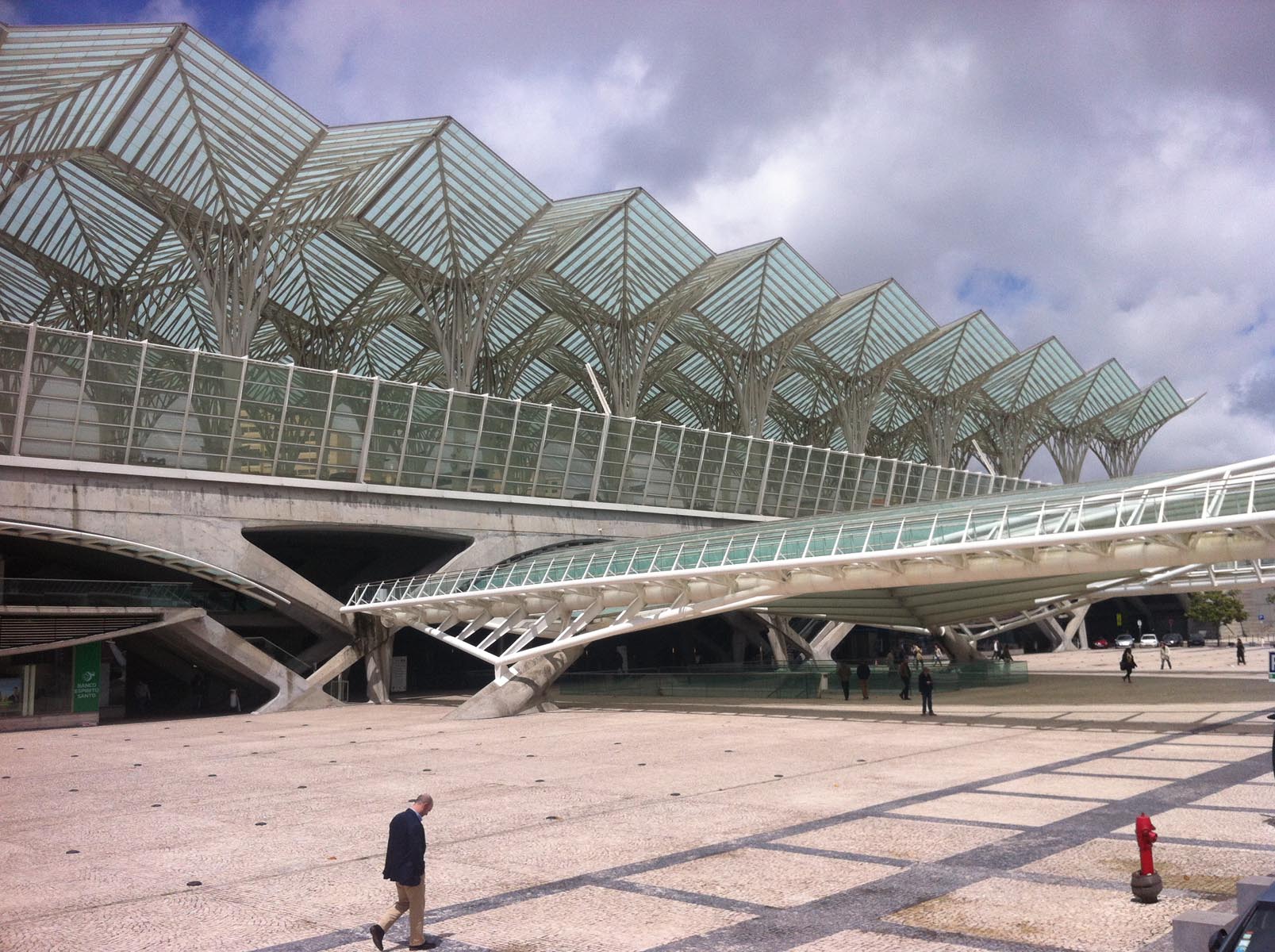

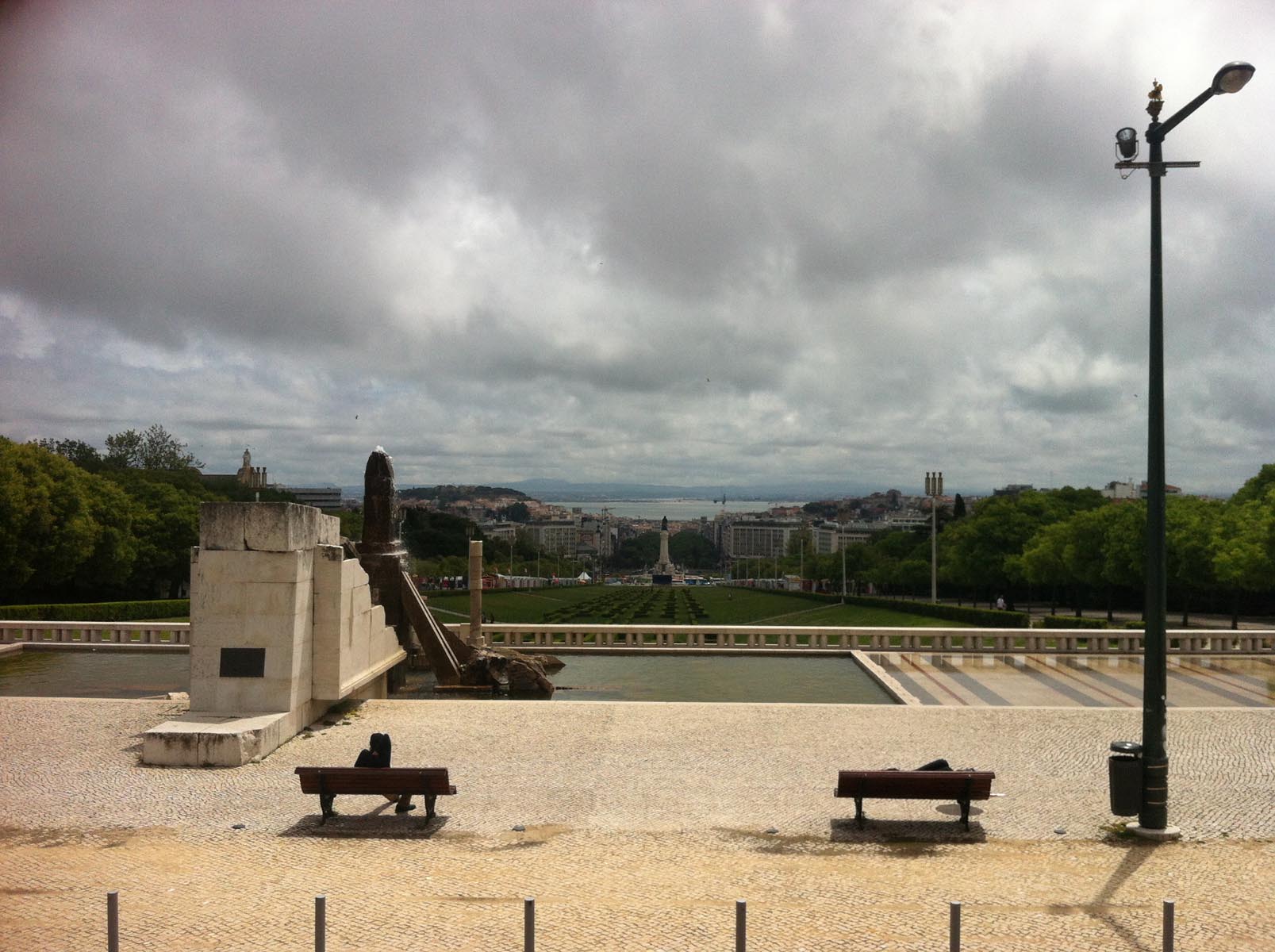
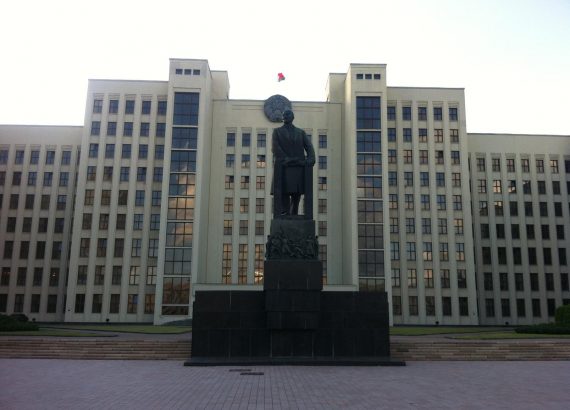
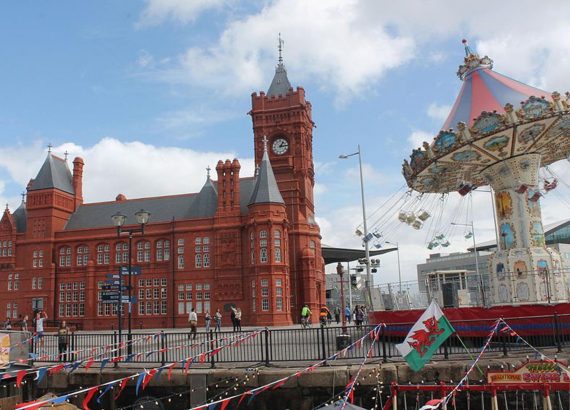
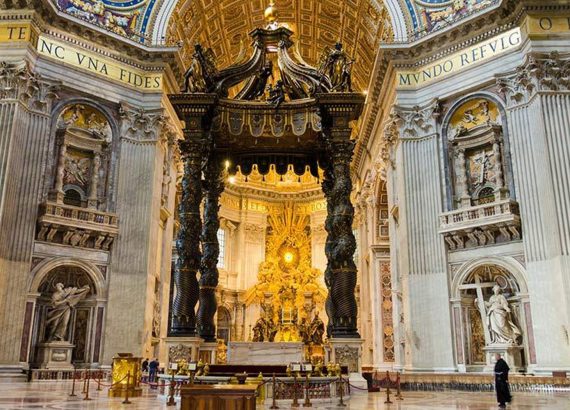
No Comments